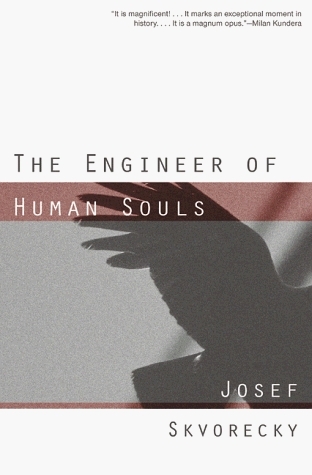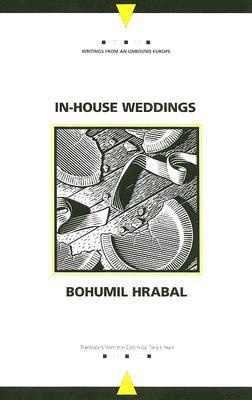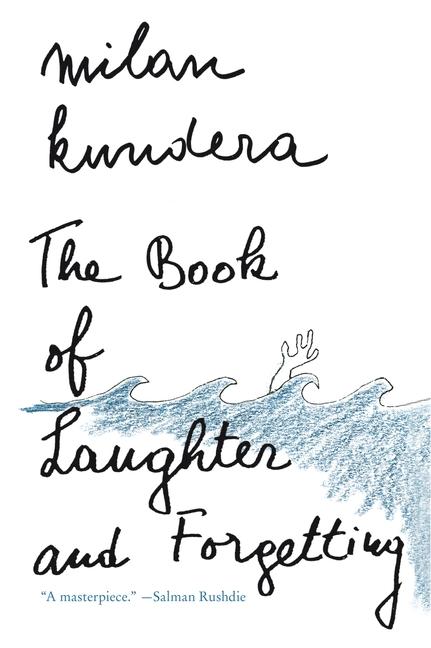
Too Loud a Solitude
Book Description
In a world drowning in silence, one man's defiance echoes louder than the chaos surrounding him. Hanta, a humble Prague waste-paper collector, battles against the oppressive machinery of censorship and conformity while surrounding himself with banned literature, finding solace in words that spark rebellion. As the walls of his life close in, his secret library becomes both a sanctuary and a target, forcing him to confront the very nature of freedom and the price of truth. Can one fragile soul withstand the thunder of tyranny, or will the silence swallow him whole?
Quick Book Summary
“Too Loud a Solitude” by Bohumil Hrabal tells the poignant story of Hanta, a solitary man tasked with compacting wastepaper in Communist-era Prague. Over decades, Hanta rescues and cherishes books—especially those deemed dangerous or subversive—smuggling them home and finding comfort in the words and ideas censored by the state. As technology and bureaucracy threaten to render him obsolete, and the machinery of totalitarianism advances relentlessly, Hanta struggles to preserve both his spirit and the literary wisdom he so loves. The novella explores themes of memory, resistance, and the enduring power of literature, unfolding as a meditation on free thought and the costs of conformity in an unfree world.
Summary of Key Ideas
Table of Contents
The Persistence of Individuality Under Oppression
Hanta is an unassuming wastepaper compactor in Prague, whose quiet trade places him at the crossroads between destruction and preservation. His monotonous work is more than mere labor—it is an act of salvage, as he rescues countless books from oblivion, particularly those banned by the government. Hanta’s world is populated by memories of mentors, lost loves, and philosophers, all filtered through his unique, deeply literary lens. The basement where he works is both his sanctuary and his prison, filled with the weight—literal and figurative—of centuries of human thought.
The Redemptive Power of Literature
Surrounded by the words of great minds, Hanta enters a kind of private reverie, finding solace and rebellion in the very pages he is supposed to destroy. His home bursts at the seams with rescued books, each one a testament to his resistance against cultural amnesia. He internalizes their wisdom, quoting passages and weaving them into his daily existence. This literary companionship protects him from loneliness and despair, reinforcing his individuality in a society bent on homogenization.
Memory, Loss, and the Passage of Time
Yet, the world outside changes rapidly. New, efficient machines and workers threaten to displace Hanta and his careful, almost sacramental process of book-baling. The younger generation approaches the work with cold efficiency, utterly indifferent to the books’ contents or meaning. Hanta sees this as a metaphor for the era’s soulless drive toward conformity, and he laments a culture that crushes both books and people under its press, severing connections to memory and meaning.
The Machinery of Conformity and Dehumanization
As the tension between personal freedom and societal demands tightens, Hanta’s struggle becomes existential. He continues his rescue of condemned literature, even as the authorities close in and his isolation mounts. The burden of preserving wisdom grows heavier, with Hanta haunted by the transience of his own life and the impermanence of his secret library. His internal conflict mirrors the broader battle against totalitarian erasure and the obliteration of independent thought.
Violence Against Art and Ideas
The novella concludes with a powerful, tragic resolution. Hanta, recognizing the futility of his fight but unable to betray his ideals, chooses to join the books in their destruction, blurring the line between man and material. His sacrifice is both resignation and defiance, a silent protest against a system determined to silence dissent. Through Hanta’s fate, Hrabal crafts a haunting meditation on the necessity of art, memory, and resistance in the face of tyranny, making “Too Loud a Solitude” an enduring testament to the redemptive, vulnerable power of the written word.
Download This Summary
Get a free PDF of this summary instantly — no email required.





